The Strength of Women and the Vulnerability of Men in the Household
Often, we are concerned about the rights of female, be it under Islamic law, Hindu law, or any other branch of law. It is obvious because women have been treated as chattels and commodities in the male dominant society. However, in Islam, both men and women are on an equal pedestal. A man has certain responsibilities towards the femalesexactly like a female as having duty-bound towards the males.
It is true that women have gone through many atrocities and are still facing many challenges to lead a normal life. They are, undoubtedly, deprived of their basic day-to-day rights. Yet, despite women being more prone to inequalities and exploitations, another section needs attention.[1]
Woman as a support
One of the most important institutions of Islam is that of marriage, which is evident from the verse “And among His signs is this, that He created for you mates from among yourselves...” (30:21). Procreation of children, starting a family, satisfying the sexual desires correctly etc., are the worldly aspects of marriage. However, it has more to do with a spiritual dimension. It is to connect with the Almighty and lead one’s life in His obedience. It is believed that a woman is more viable in looking after the family and keeping up the religious wellbeing. [2]
When Jibrīl (A.S.) first brought revelation upon Prophet Mohammad ﷺ, the latter got nervous and was consoled by Khadījah (r.a.),his first wife. In fact, she was the first person to believe in the revelation. She was the constant support for Prophet Mohammed ﷺ. She gave up all her wealth in the path of Allah while Prophet ﷺwas spreading Islam.
Once a person said to the Prophet ﷺ: “I have a wife who welcomes me when I come home and escorts me when I leave and when she sees me unhappy and sad, she consoles me by saying that if you are thinking about the sustenance, then don’t despair about that because Allah provides it and if you are worried about the next life, then may Allah increase you in intellect and efforts”. To this, the Prophet ﷺreplied, “Allah surely has functionaries and agents in this world and your wife is one of those. Such a woman shall be rewarded half as much as a martyr”.[3]
The wife is given the responsibility of taking care of her husband and maintaining her household in the same way a husband is responsiblefor taking care of his wife in the best possible way. She should encourage him to engage in good deeds and dissuading him from bad ones. It would gradually make him a responsible man of the family. A wife’s role in her family is so vital that misery and happiness lie in her hands.
In Islam, taking care of husband is such a great deal that it is equated to jihad. Prophet ﷺ stated that any woman who dies while her husband is pleased with her enters the paradise. Also, if a wife fails in her duty towards her husband, then she fails in her duty towards Allah.[4]

Man’s right to be vulnerable
Every human heart, regardless of gender, thrives on friendship and kindness,and anyone who does not get it feels lonely and deserted. A man looks for this love and affection in his spouse. Love blossoms the relation between the spouses. A great wife makes a great husband. The wife’s attention and benevolence make the husband strive and sacrifice himself for the wife’s wellbeing. Men are emotionally more vulnerable, and the constant support of the wife keeps him going.
Most of the time, women complain about the ignorant nature of their husbands. However, they are aware of the fact that they love them and care for them. Similarly, a wife may love her husband wholeheartedly and be sincere in her relation, but the lack of expression might ruin the relation. Allah says, “And one of His signs is that He created mates for you from yourselves that you may find rest in them, and He put between you love and compassion; most surely there are signs in this for a people who reflect (30:21).”
Quran categorically acknowledges the natural fact that man and woman find their relief within each other. Given this, how can somebody detach woman from her man in the name of her amelioration?
Should a wife take care of her Husband’s parents?
Islam has not enjoined women to take care of the parents of their husbands. But they do have duties towards their husbands. It becomes tough and tiring for a man to strike a balance between his wife and mother. Here it becomes the responsibility of a wife to support her husband emotionally and physically so that her husband can keep his parents happy. Also, the mother must acknowledge that her son has his own family and needs to start his own life.[5]
Also read : harm must be eliminated the universal islamic legal maxim part-one
Surah al-Nisā significantly deals with the rights of women. However, there is debate on the share of men and women in properties. Some ask why the share of men are more than women. When the woman inherits the share, it is her absolute property over which even her husband has no right. Also, she is not duty-bound to spend over her husband. She can spend it completely for herself without being questioned. However, a man has the burden of his entire family. He is responsible for supporting his parents, wife, children, and all other dependents. Here equality is not in the sense of equal share; rather, it is in terms of an equitable share of the property. The more you have the responsibilities, the more is your share.
To conclude, all are created in the same manner regardless of gender. They share the same emotions. Their needs are the same, and hence, the solution to their problems is also the same. Women are the weaker section of society, and they fall prey to man easily. But this is also true that their issues are being addressed and stands are being taken for their wellbeing. Men, on the other hand, are kept under the wrong societal assumptions that they are strong and can never have an emotional breakdown. If they cry, they are weak. If the creation is the same, then why can’t they be treated alike?
Reference
[3]Bahar al Anwar, vol 103, p. 254
[4]Mustadrak, vol 2, p 552
(Deeksha Sharma is a Law Researcher at Aligarh MuslimUniversity)
Disclaimer
The views expressed in this article are the author’s own and do not necessarily mirror Islamonweb’s editorial stance.

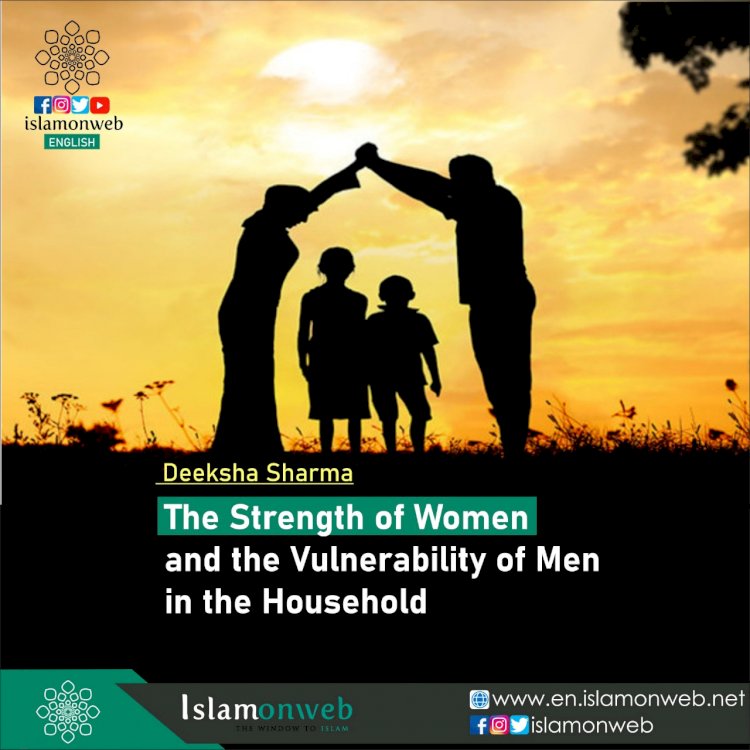



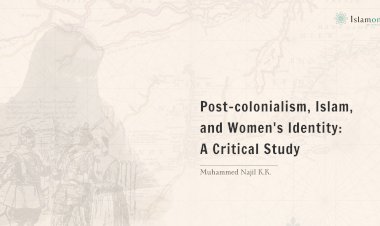
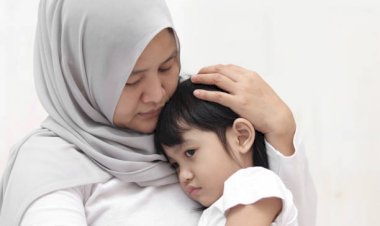
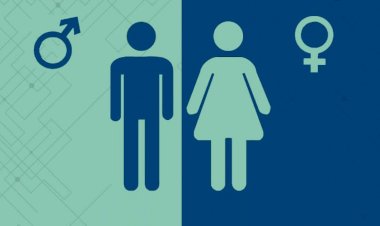
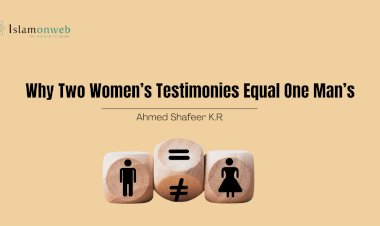
















Leave A Comment